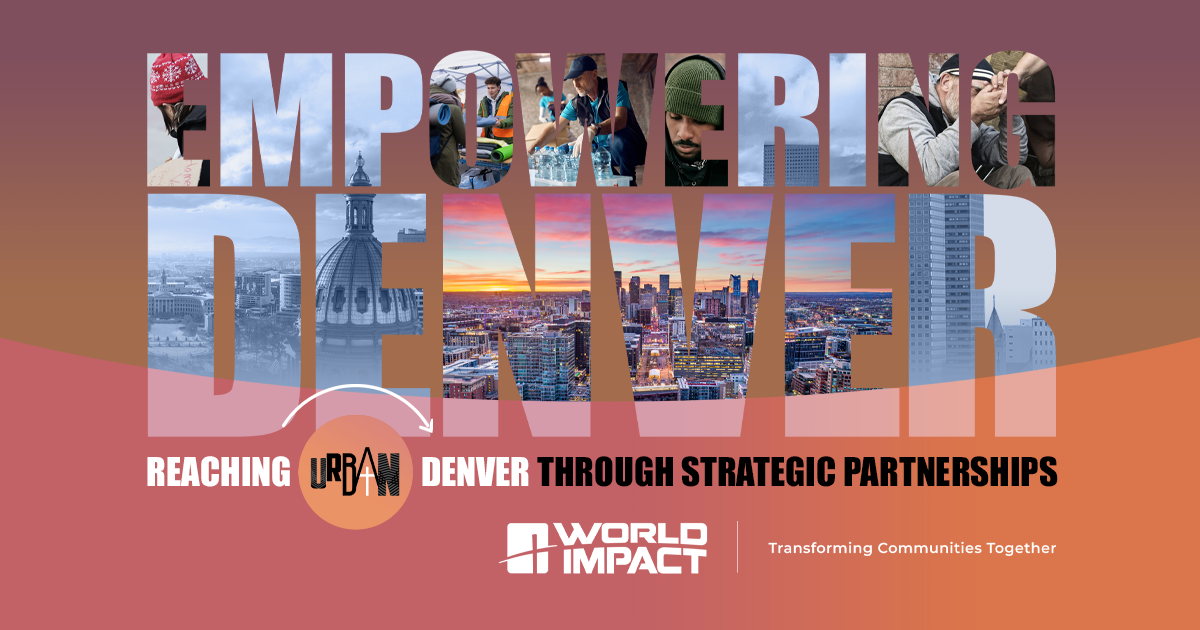This past week I have been wrestling with an issue that has haunted me my whole life: fatherlessness. Last week I attended a workshop put on by our President and CEO Efrem Smith called, “A Fatherless Generation.” In that workshop the one sentence I walked away with was, “Use the pain of your story to leverage your relationship with youth.”
This issue of fatherlessness reared its ugly head again this past week after looking through my Facebook feed and seeing a disturbing video. Police wrestling a homeless man to the ground in front of The Union Rescue Mission on Skid Row and shooting him five times. As a human being, a civilian, and a black man, this incident sincerely disturbed me. But it also brought Efrem’s words to mind, “Use your pain.” Hearing about this incident deepened my pain, and to understand why I want to share my story.
I was born and raised all around the greater Los Angeles area. I lived in a two-parent home during my early elementary school years. My father was my hero. He was an entrepreneur and started his own roofing company. It was a very successful business that he created from the ground up with only a high school education. We were a model family in the community and everyone knew who we were. However, things began to change one summer. My dad would come home later and later. He and my mom would argue a lot. I would see him drinking more often than normal.
When I was transitioning into third grade, my mom decided to leave my dad, and we had to go live with my grandparents. When I asked my mom why we were leaving, she said with tears in her eyes, “Your daddy started using heroin and he is very abusive to me. I want our family to be safe.” As an 8-year-old kid I couldn’t grasp the fact that I would not be living with my dad anymore.
Throughout my elementary school years my dad would come to visit me at my grandparents’ house, but often times it was under the influence of drugs and alcohol. I can vividly remember he and my grandfather literally fighting in the backyard because my grandfather didn’t want him to try and kidnap me at gunpoint as he had done before.
The last contact I had with my dad during that time was a phone call he made to me saying that he was going to send me $50 for an allowance. I can still remember going to the mailbox everyday when I got out of school and looking for a check or cash from my dad, but unfortunately it never showed up.
As an adult, I had settled in my heart that my dad was no longer a part of my life and I had to move on. In the Spring of 2003 my uncle, who was a sanitation worker, came over my house and told me he saw my father on Skid Row. My uncle wondered if I wanted to go see him and offered to take me. At this time in my life I had been married for nine years with three small children. I thought about it and said, “Yes, I would love to see Peter Watts, Sr.” In my heart I wanted to see him because I had so much anger toward him and wanted to let him know how much he had hurt me.
I drove down to Skid Row with my wife and kids, hoping to find this man. I wanted to give him a piece of my mind and show him the family he would never be able to see. As I drove down the street, I saw him wearing filthy clothes, pushing a shopping cart into the local liquor store. I pulled my car over and jumped out and stood outside of the store waiting for him to come out. After five minutes had gone by he came out of the store and we looked at each other face-to-face. When I thought I was at last ready to unload the hurt and pain that had built up over the past 29 years, a spirit of forgiveness came over me. We locked eyes. He began to cry and so did I. We embraced for what seemed like hours as he repeatedly said, “I’m sorry for what I did to you and your mom.”
I tried to build a new relationship with him, but unfortunately we lost touch again and I haven’t seen him since. Seeing the video of a black male on Skid Row being shot and killed by the hands of law enforcement brought back these feelings of guilt and frustration. I think what hurt me the most was the fact that at that time they didn’t have a picture or the birth name of the man, all they released was his street name, “Africa.” All I could think to myself was, What if that was my father?
I have processed my feelings all week as I thought about what I would share with the world. I have come to the conclusion that God has me at World Impact to, in the words of Efrem, leverage this pain. What if my father, who is part of the urban poor, the marginalized, and forgotten in the city, had been empowered by the Gospel? What if my father had been a TUMI graduate or lived in a Siafu Leadership home where he would have been mentored and trained for the work of the ministry? I always will have to live with this thorn in my flesh, but I also hear the words of Christ who says to me, “My Grace is sufficient.”
Pete Watts is the City Director for World Impact Los Angeles.

